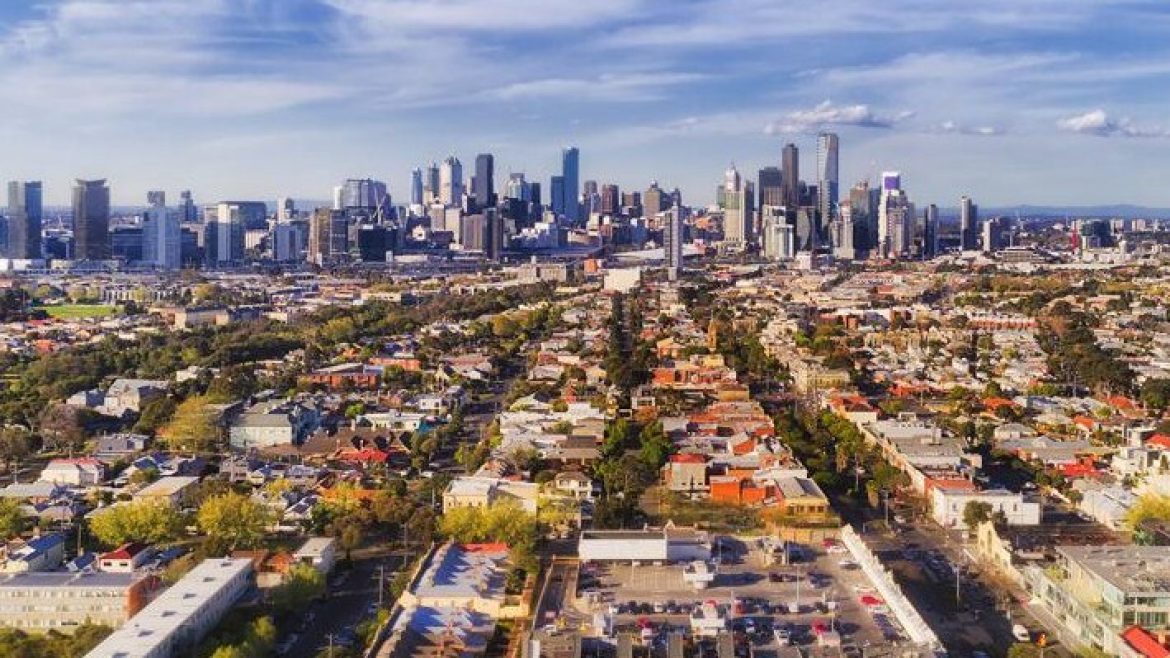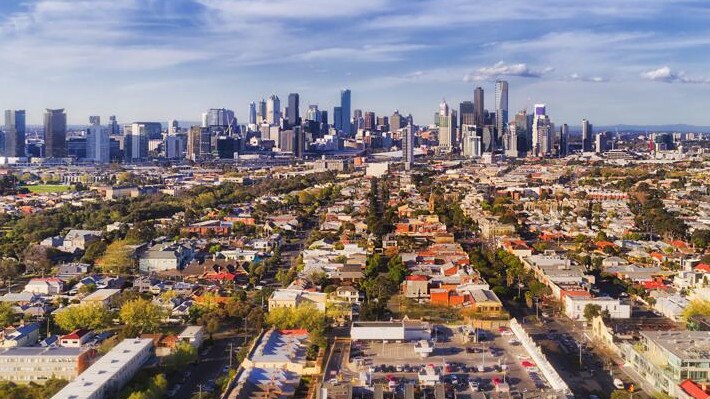
Many high-rise towers in the CBD house apartments.
Chinese buyers deserting the Victorian property sector could seriously damage the CBD market — but an influx of Hong Kong nationals is expected to soften the blow.
Experts say strained China-Australia relations could lead to a dramatic drop-off in foreign investment, leaving apartments in Melbourne’s high-rise buildings sitting empty.
The Chinese Government’s call for students to avoid Australia was “a risk” to established and upcoming developments, realestate.com.au executive manager of economic research Cameron Kusher said.
RELATED: RMIT Building 108: University lists Bourke Street site for $120m
Melbourne rental vacancy rates improve amid coronavirus
First-home buyers lead the way as confidence returns: ME Bank
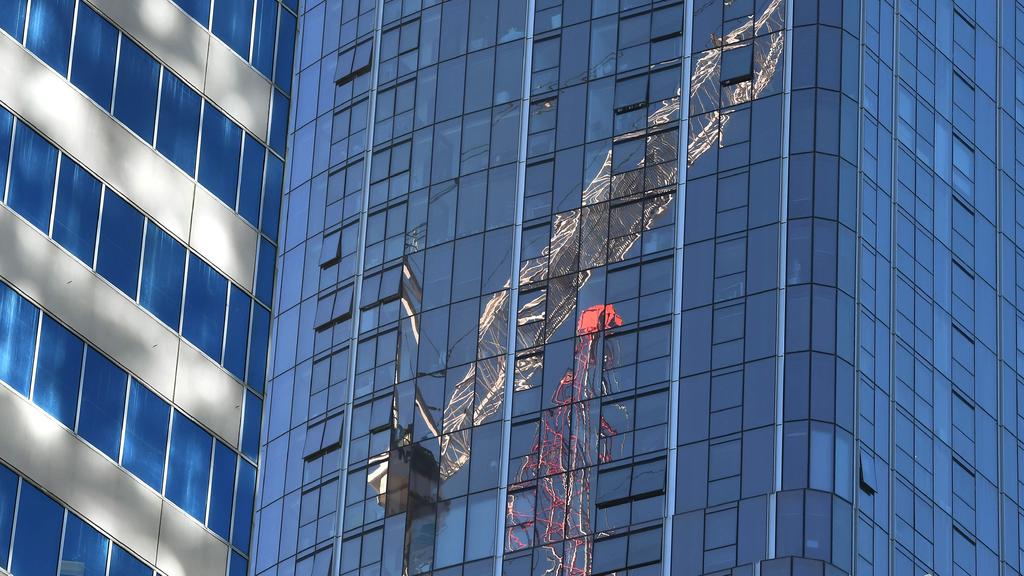
High-rise buildings have gone up at a rapid pace in the CBD. Picture: William West / AFP
He noted foreigners commonly bought apartments in the high-rise complexes, as they were restricted by the Foreign Investment Review Board to buying new dwellings, with Melbourne’s education facilities a major lure for Asian buyers.
“Chinese people do listen to what their government says quite a bit, and that is definitely going to be a challenge for that market,” he said.
“It might lead some Chinese students to go and study elsewhere.
“But (Melbourne) isn’t going to be the only (city) that suffers the effects. A lot of the Chinese developers (in Australia) are probably using Chinese Government money to build these as well.”
Melbourne universities should “diversify away from Chinese students” as tensions between the two countries grew, he said.
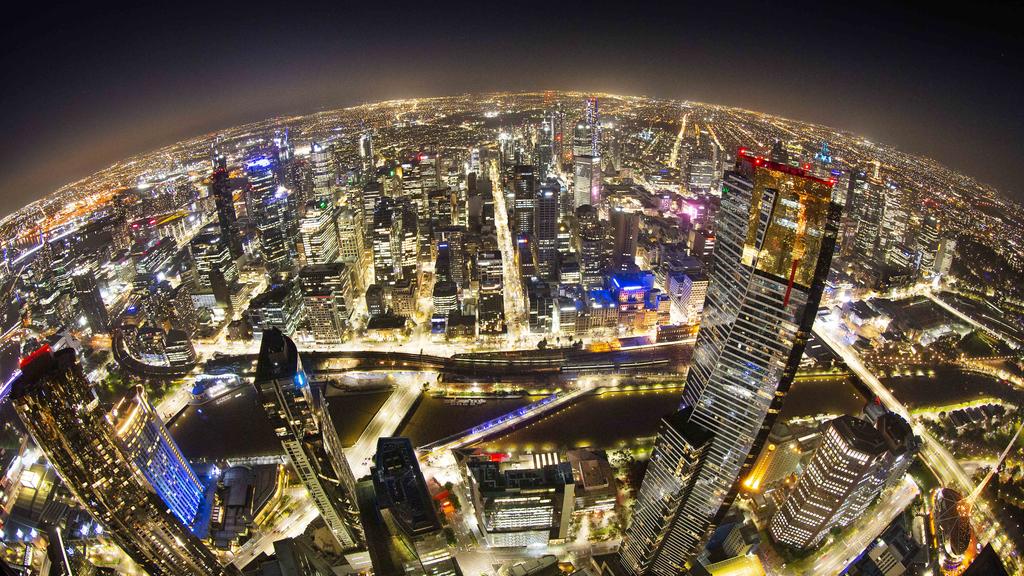
The view of the city lights from the tallest building in Melbourne, Australia 108. Picture: David Caird
Department of Education, Skills and Employment data reveals 55,133 Chinese students were enrolled in Victorian education at the start of the year — more than any other foreign nation.
Castran Gilbert director Michael Lang tipped a “significant value drop” for the CBD’s high-density towers to follow a Chinese desertion, noting apartments in smaller blocks of 20-40 would be more sheltered from falls given their greater appeal to local buyers.
But Property Mavens director Miriam Sandkuhler said an extension to five-year graduate and skilled worker visas for Hong Kong nationals would help to fill the Chinese void.
“Inherently, many (Hong Kong residents) are used to living in high rises, so there might be the ability for a lot of them to uptake those vacant apartments,” Ms Sandkuhler said.
Samuel Property director Illan Samuel flagged pre-existing issues in the CBD market, with increased taxes on foreign buyers starting to put off internationals in 2017.
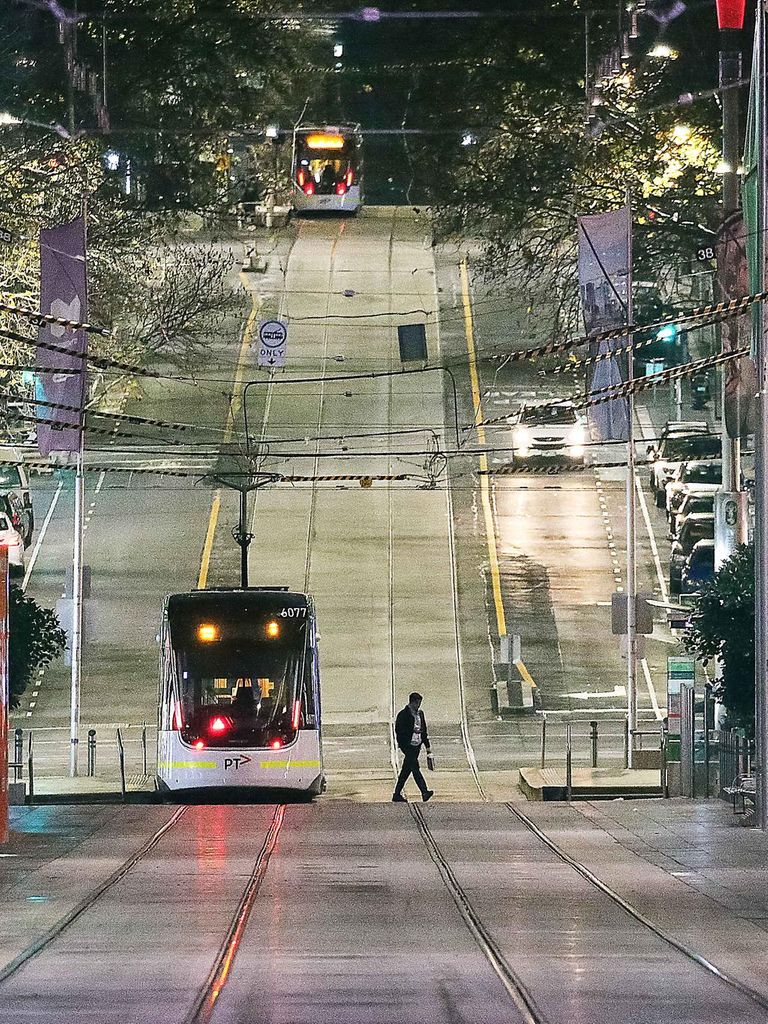
Melbourne’s CBD has had far lower foot-traffic during the pandemic. Picture: Ian Currie
“It was basically a big sign saying, ‘we don’t want you, we’re going to make it hard for you’,” the developer said.
Chinese investment in Australian real estate has fallen more than 50 per cent year-on-year to hit its lowest level since FY2012-13, according to FIRB’s latest annual report.
The Chinese were approved to spend $6.07b in 2018-19, putting them behind purchasers from the US ($19.56b), Canada ($13.3b), Singapore ($9.8b) and Hong Kong ($9.33 billion). This figure was down from a record $31.9b in FY2015-16.
READ MORE: Paul Hester: Crowded House drummer’s Elwood pad for sale
Dot’s House, Fitzroy: House designed with the cat in mind
James Scullin: Richmond house a PM chose over The Lodge sells
The post Melbourne CBD high rises: International tensions a problem appeared first on realestate.com.au.

